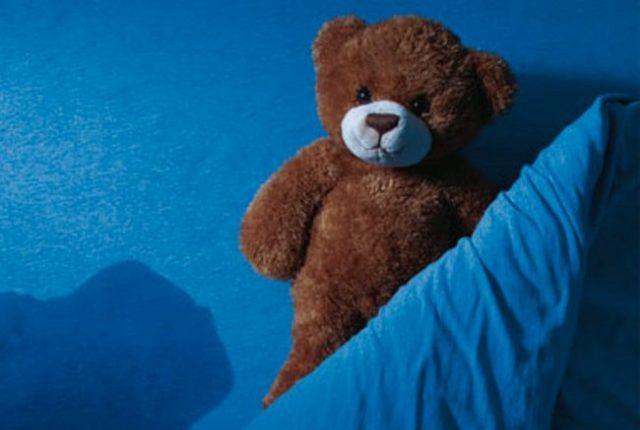
Enuresis Facts
Last Updated on February 17, 2023 by Smart
Enuresis is a disorder characterized by a child’s repeated voiding of urine into his bed or clothing, night or day. It’s diagnosed only in children who are 5 or older. In today’s age of Internet and instant communications lot of information than ever is available to parents about enuresis or bedwetting that make them understand what’s relevant to your bedwetting children.
Enuresis Symptoms
- Enuresis at night, during the day, or both
- May be involuntary or intentional
- Children with enuresis are frequently very heavy sleepers
- Creates problems for the child in school, at home and/or in social environments
Enuresis Factors
It’s in the genes. Enuresis is not due to a bad parenting approach or bad discipline. Genetic studies increasingly support the hypothesis that enuresis is hereditary and involuntary. DNA research has identified genes that could be the source of enuresis in chromosomes 13 and 22, confirming the empirical evidence of a hereditary problem. children with parents who also wet the bed beyond age 5 are at an increased risk for enuresis .
Pharmacological:
Research on the use of drugs to treat enuretic child remains pessimistic. The drugs most commonly used for treatment (imipramine, desmopressin, oxybutynin) are prescribed as a palliative until enuresis stops on its own. Medicines only work in the short term when the child stops taking the medicine he will resume wetting his bed. Talk to your doctor about your child’s enuresis problem. Laboratory tests can be done to make sure the enuresis isn’t caused by a urinary tract infection or by other medical conditions such as diabetes. Treatment can be started if these medical conditions are found.
Psychotherapeutic:
Bladder capacity is also a common topic of enuresis research. A study published in the May 2003 issue of the journal Urology found that the bladder of children wetting the bed seems to be of reduced capacity at night. An Enuresis Alarm can stop nocturnal enuresis in children. They build brain and bladder connection. The alarm sensors that detect moisture and will wake a child whenever he begins to wet the bed-have proven extremely effective in treating enuresis, though they may take few weeks.
The most common complication of enuresis is the impact on self-esteem and the emotional distress it causes children. Don’t get angry when your child wets the bed, because this can cause the child to give up how to stop bedwetting or can lead to emotional problems. Assuring children that the occurrences are accidental (and not blaming the condition on them) is key to managing the psychological effects. Many children who wet the bed may fear staying overnight at a friend’s house in case they wet the bed there. Other options include limiting liquid and caffeine intake at night, give most of the child’s daily fluid in the morning and early afternoon 40% in the morning, 40% in the early afternoon, and 20% in the evening, encouraging frequent urination, and rewarding kids for each “dry” night.






No Comments
Sorry, the comment form is closed at this time.